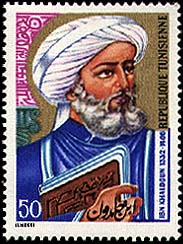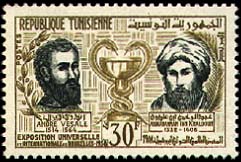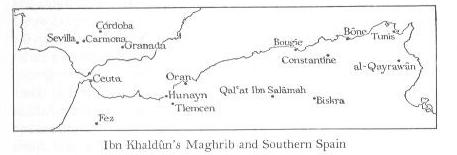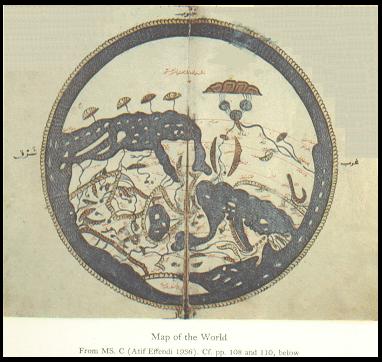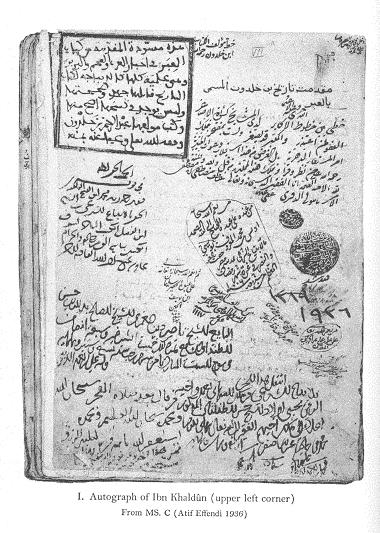Science & Islam | 1001 Inventions
SourceBritish scientist, author and broadcaster Prof. Jim Al-Khalili travels through Syria, Iran, Tunisia, Turkeyand Spain to tell the story of the great leap in scientific knowledge that took place in the Islamic world between the 8th and 14th centuries. Islamic Role and history in current growth of Science and Technology. This was called Dark Ages and also studied but its considered and It is Golden Ages and Golden part of the History.
You will see Muslim worked so hard for the Excellence in all walks of science and technology and no one can deny it. All we need to keep continue the pace today and need to workout more in education and grow and revert our position and fame.
Discovering the Past, Inspiring a Better Future
1001 Inventions is a leading and award-winning international science and cultural heritage brand reaching over 50 million people around the world.
1001 Inventions uncovers a thousand years of scientific
and cultural achievements from Muslim Civilisation from the 7th century
onwards, and how those contributions helped create the foundations of
our modern world.
Through its award-winning educational programmes, books, block-buster
exhibitions, live shows, films and learning products, 1001 Inventions
showcases the contributions of inspirational men and women of different
faiths and cultures in a civilisation that spread from Spain to China.1001 Inventions, in partnership with Abdul Latif Jameel Community Initiatives, have produced a world-class range of exciting and engaging educational experiences, productions, products and resources that are all extensively researched by academics and designed industry experts.
1000 years of missing science
Bringing life to Muslim Heritage
Discover 1000 years of missing history and explore the fascinating Muslim
contribution to present day Science, Technology, Arts and Civilisation.
Sourcehttp://www.scienceinschool.org/2006/issue3/missing
Twitter:
Facebook page
click here to download (62.4 Mb)
Documentaries
Source
Documentaries which are related to 1001 Inventions projects:
.
 |
Why is 'x' the symbol for an unknown? In this short and funny talk, Terry Moore gives the surprising answer.
Run Time: 03:57
|
|
|
Dr. Adam John Hart-Davis builds and tests some of the most extraordinary inventions from the early Islamic World.
Run Time: 57:09
|
||
|
Historian Bettany Hughes traces the story of the
mysterious and misunderstood Moors, the Islamic society that ruled in
Spain for 700 years.
Run Time: 102:01
|
||
Science and Islam (3 Part)
British scientist Prof. Jim Al-Khalili travels from Spain
to Syria to tell the story of the great leap in scientific knowledge
that took place in the Islamic world between the 8th and 14th centuries.
Run Time: 59:00 x 3
|
||
 |
After Rome Holy War and Conquest (2 Part)
Boris Johnson travels from France to Syria to investigate
the early beginnings of what some people now call 'the clash of
civilisations.'
Run Time: 58:50 x 2
|
|
 |
Denia: A Muslim Port in Spain
A Time Team special as part of the On the Line season. A Muslim port is revealed under this modern-day Spanish town.
Run Time: 46:03
|
|
|
Prof. Marcus du Sautoy he looks at
the invention of the new language of algebra and the spread of Eastern
knowledge to the West through mathematicians.
Run Time: 13:01
|
||
|
Narrated by Sir Ben Kingsley, A three-part series,
re-creates the spectacular sweep of Islamic power and faith during its
first 1,000 years.
Run Time: 53:00 x 3
|
||
|
A three-part series of documentary
travelogues in which Tim Mackintosh-Smith follows in the footsteps of
14th Century Moroccan scholar Ibn Battuta
Run Time: 58:56 x 3
|
||
|
Rageh Omaar uncovers the hidden story of Europe's Islamic past and looks
back to a Golden Age when European civilisation was enriched by Islamic
learning.
Run Time: 88:55
|
||
|
Art historian Andrew Graham-Dixon travels from southern
to northern Spain to tell the story of some of Europe's most exciting
and vital art.
Run Time: 58:54
|
||
|
An epic journey back into a centuries-long period when Muslims,
Christians and Jews inhabited the same far corner of Western Europe and
thrived.
Run Time: 5 min. of 114:49
|
||
|
A preview of the documentary called "Ghost Fleet: The Epic Voyage of Zheng He"
Run Time: 05:51
|
||
Educational Materials
Teacher's Pack | Books | Posters | Merchandise | Movie | Characters | Examples |
The 1001 Inventions educational materials are designed to support teachers and the classroom environment.
1001 Inventions is a science and cultural heritage brand that's loved and trusted by family audiences around the world. Educational properties include: exhibits, books, characters, image library, school materials, toys and much more educational and enjoyable products.













